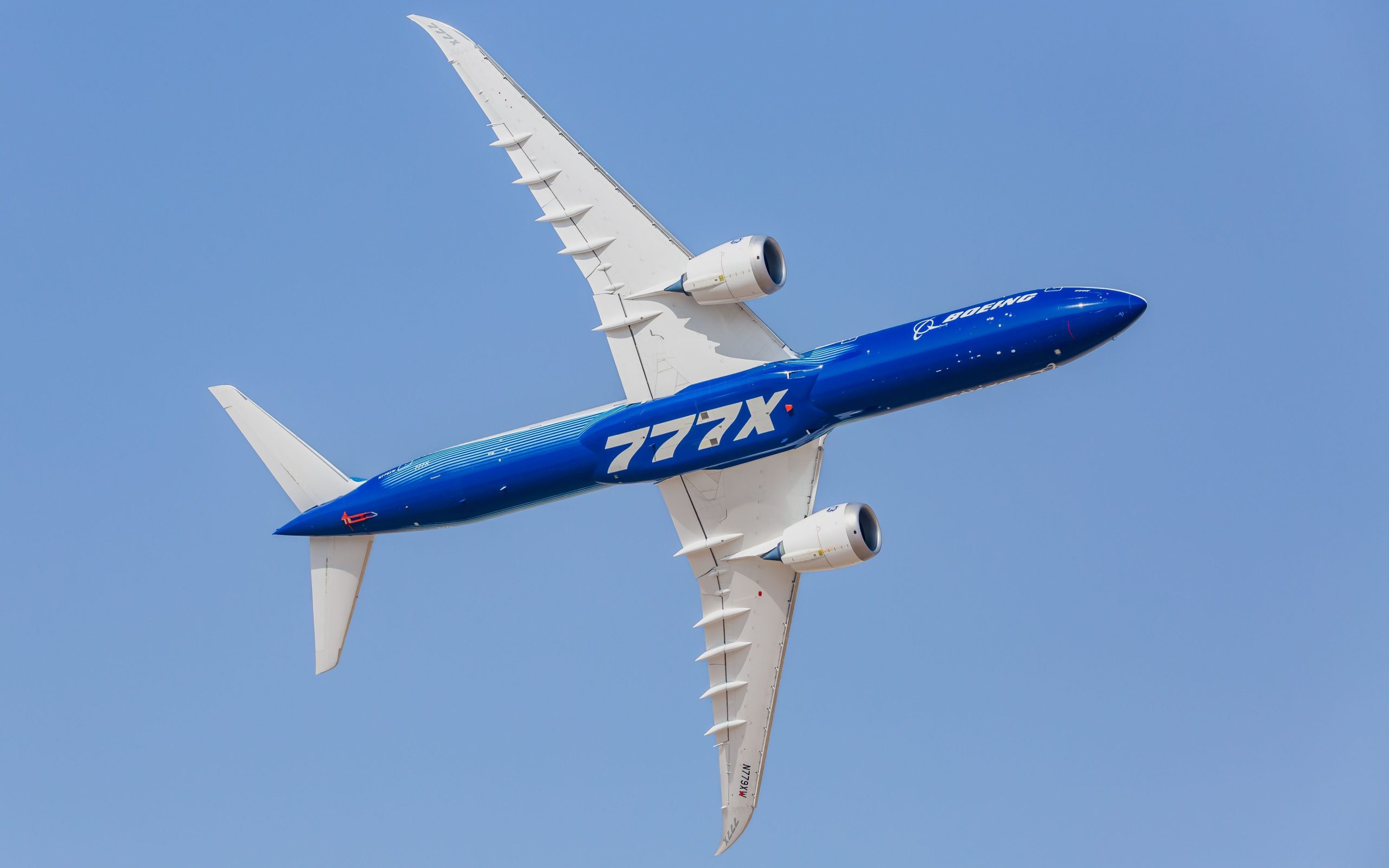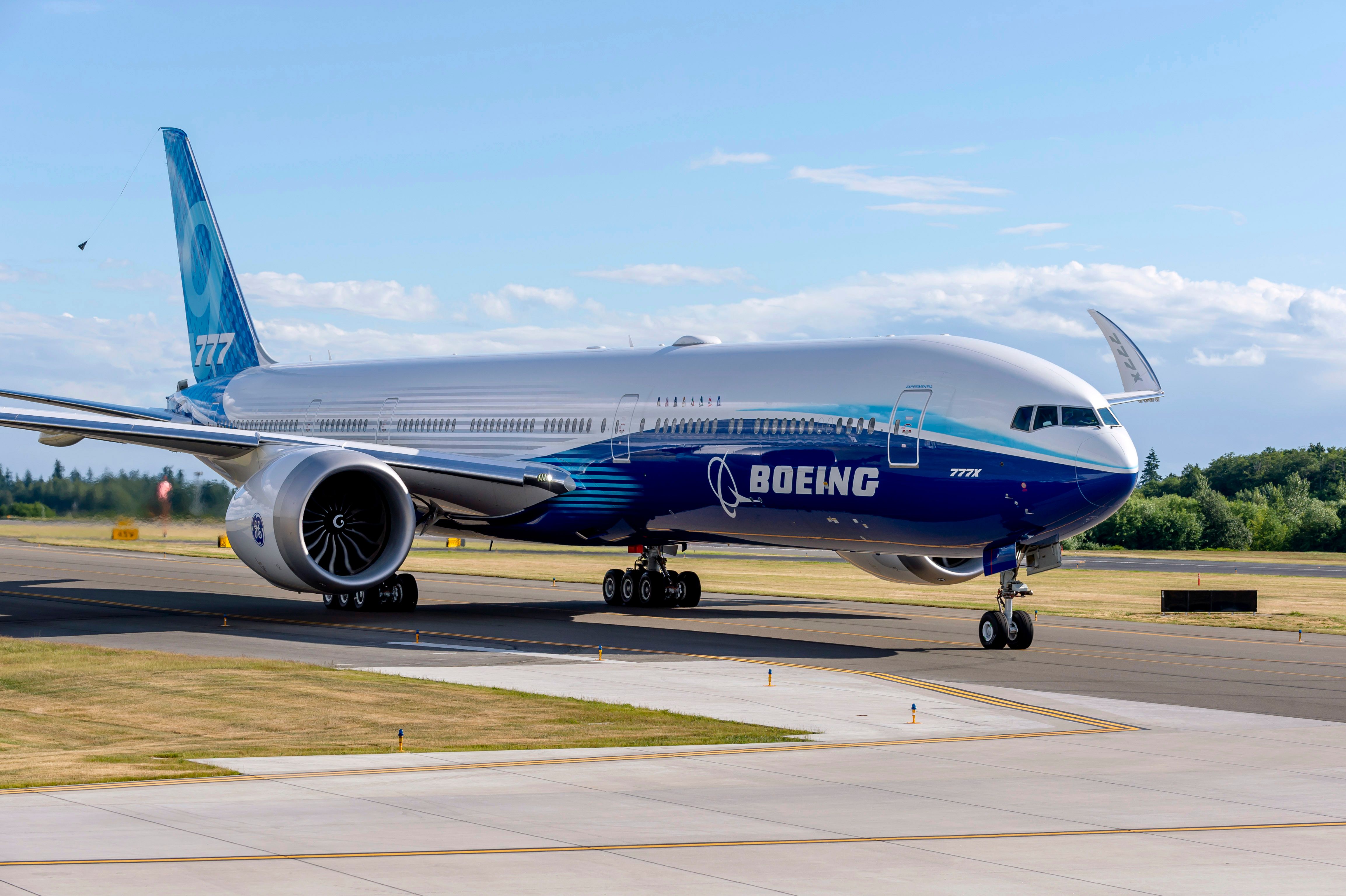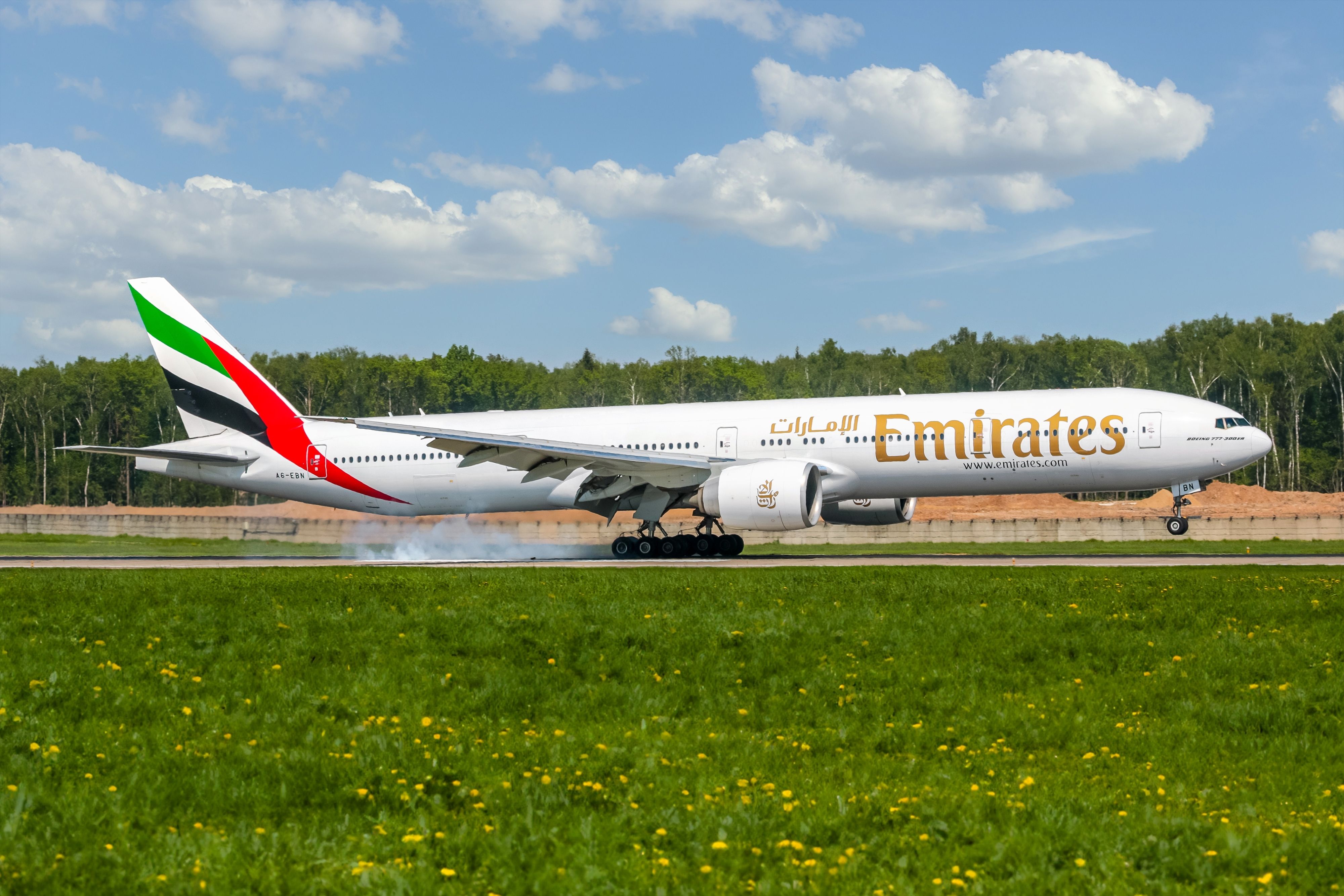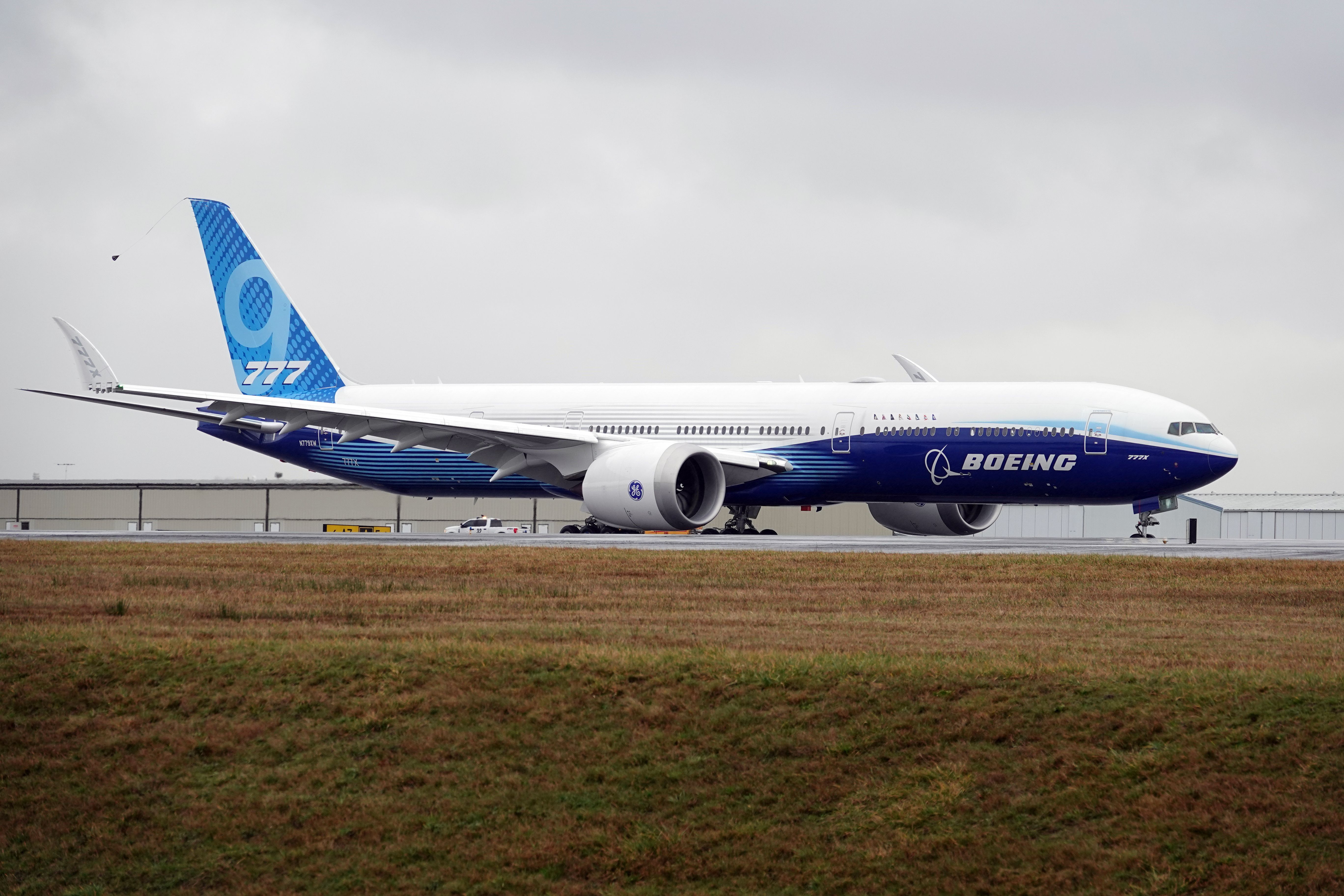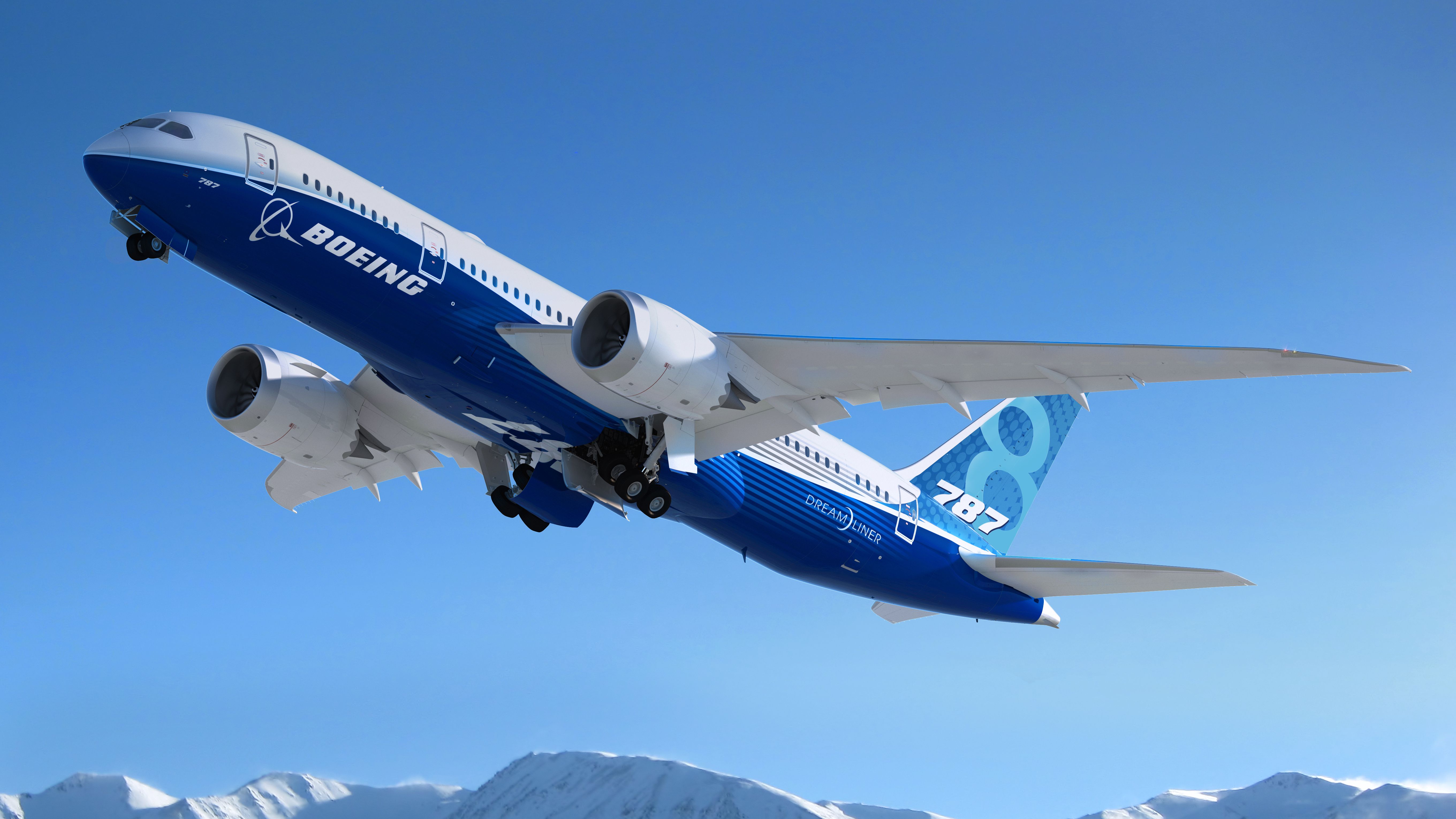Summary
- Middle Eastern carriers have placed large orders for the new Boeing 777X, likely intending to replace their aging Airbus A380s.
- Legacy A380 operators like Singapore Airlines, Lufthansa, and British Airways also look forward to adding the 777X to their fleets.
- Traditional Boeing 777 operators, including Air India, Cathay Pacific, and ANA, have all chosen the larger variant, the 777-9, to replace their older 777s.
With new, hyperefficient engines, an expanded wingspan, and various new upgrades, the Boeing 777X will be the next new widebody aircraft to enter the market. Currently, the 363 confirmed orders for this jet range across its two 777-8 and 777-9 variants, alongside a cargo variant.
Nine passenger carriers have ordered the 777X, many of whom are original 777 operators. For these carriers, the 777-8 will serve as an ideal replacement for older Boeing 777-300 and 777-300ER airliners, and the 777-9 will serve as a successor to legacy jumbo jets like the Boeing 747 and Airbus A380.
Photo: Boeing
But how specifically will the new aircraft fit into most carriers’ long-haul fleets? Moreover, which airlines have ordered the 777X as a jumbo jet replacement, and which see its future as a successor to aging 777s?
The Middle Eastern carriers
Among those who have already placed large orders for the new aircraft are the three major Middle Eastern legacy carriers: Emirates, Etihad Airways, and Qatar Airways. Etihad has ordered 25 777X jets, Qatar Airways nearly thrice that at 74 examples, and Emirates placed an even larger order for the 777X with 115 units.
For Etihad, the carrier’s order is relatively straightforward to understand from a fleet expansion perspective. The airline has ordered the 777-9, the larger of the aircraft’s two variants, which will likely serve to replace its A380s. Furthermore, as the carrier has ordered more units of the 777-9 than they currently have A380s flying today, the acquisition will allow for rapid capacity expansion.
Photo: hodim/Shutterstock
Qatar Airways’ 777X order is split nearly down the middle between 777-9 and 777-8F variants. On the passenger side, the new widebody will be able to replace the carrier’s Airbus A380s while allowing some higher-capacity 777s to retire. For Qatar Cargo, which already maintains a young fleet of 747-8F and 777F jets, the 777X will serve to expand the carrier’s long-haul freight capacity.
For Emirates, which currently maintains a fleet exclusively of Airbus A380 and Boeing 777 aircraft, the future is clearly the 777X. For this reason, the carrier has placed a massive order split between 777-8 jets to replace aging 777s and 777-9s to replace its Airbus Super Jumbos.
Other legacy A380 operators
Other carriers that have placed orders for the 777X, such as Singapore Airlines, Lufthansa, and British Airways, are also looking forward to eventually having them in the fleet. These carriers have been long-time operators of the Airbus A380 and will need new large jets to fill this capacity segment after the double-decker jets’ retirement.
Photo: cpaulfell/Shutterstock
Lufthansa, for example, is rapidly expanding capacity and has continued to reactivate more and more of its A380s, so the 777X will be most welcome.
Traditional 777 operators
Air India, Cathay Pacific, and ANA are the three 777X customers yet to be discussed. While ANA does fly three Airbus A380s (for high-volume service to Hawaii), these three airlines primarily operate older 777 variants.
One would expect these airlines to place orders for the 777-8 to replace those aging 777s. However, the carriers have surprisingly all committed to the larger variant, the 777-9. Therefore, the 777X will undoubtedly allow these three airlines to expand capacity with their introduction to service.

